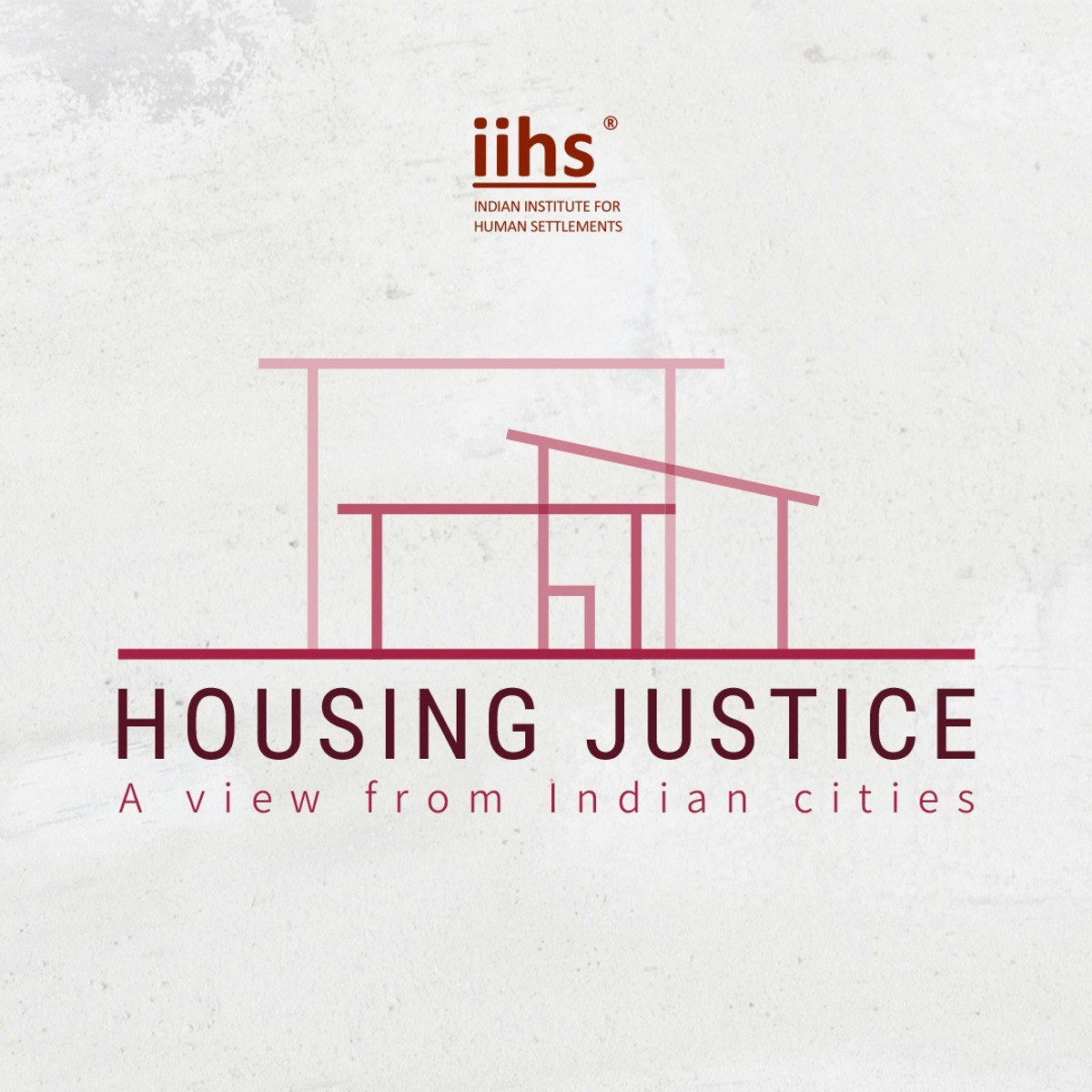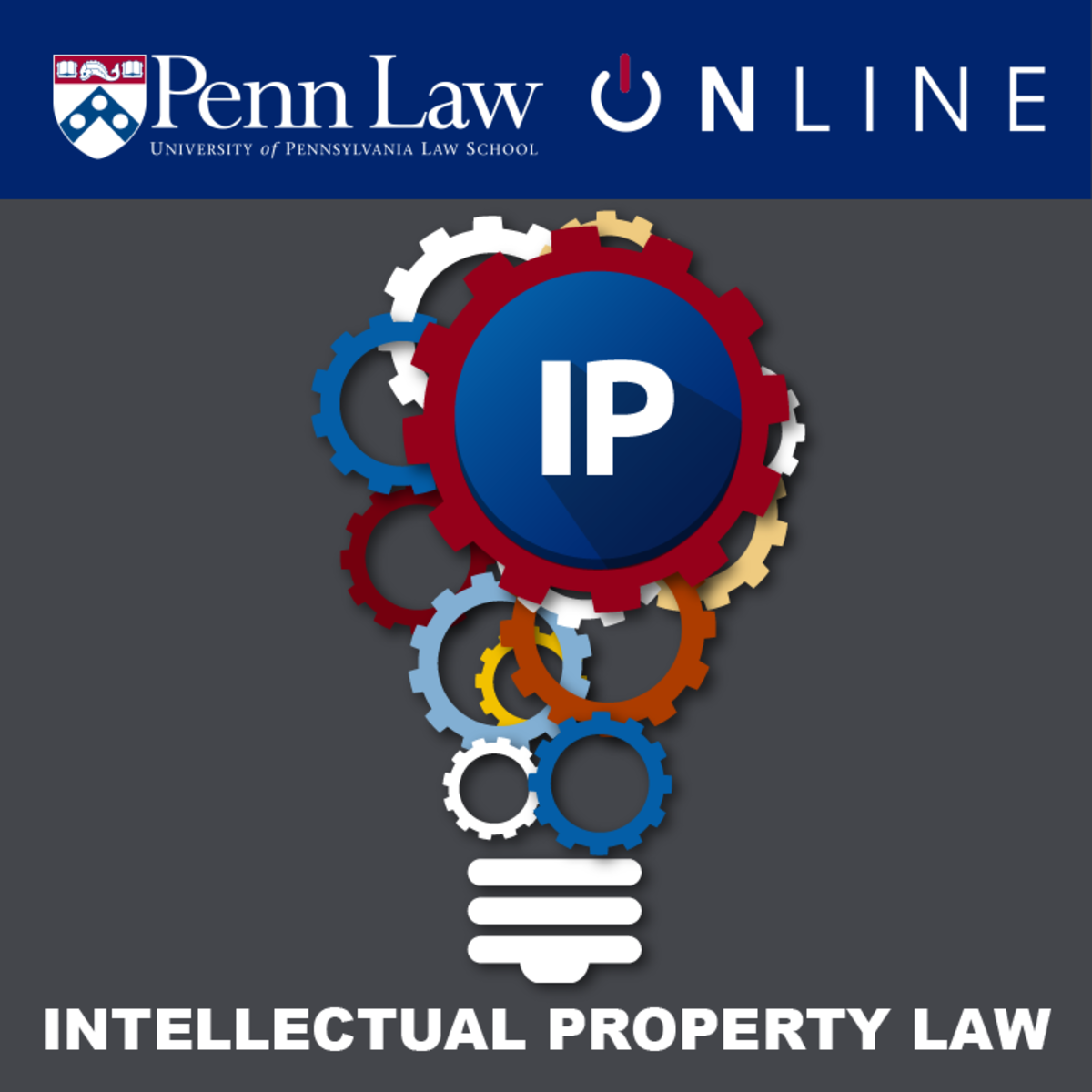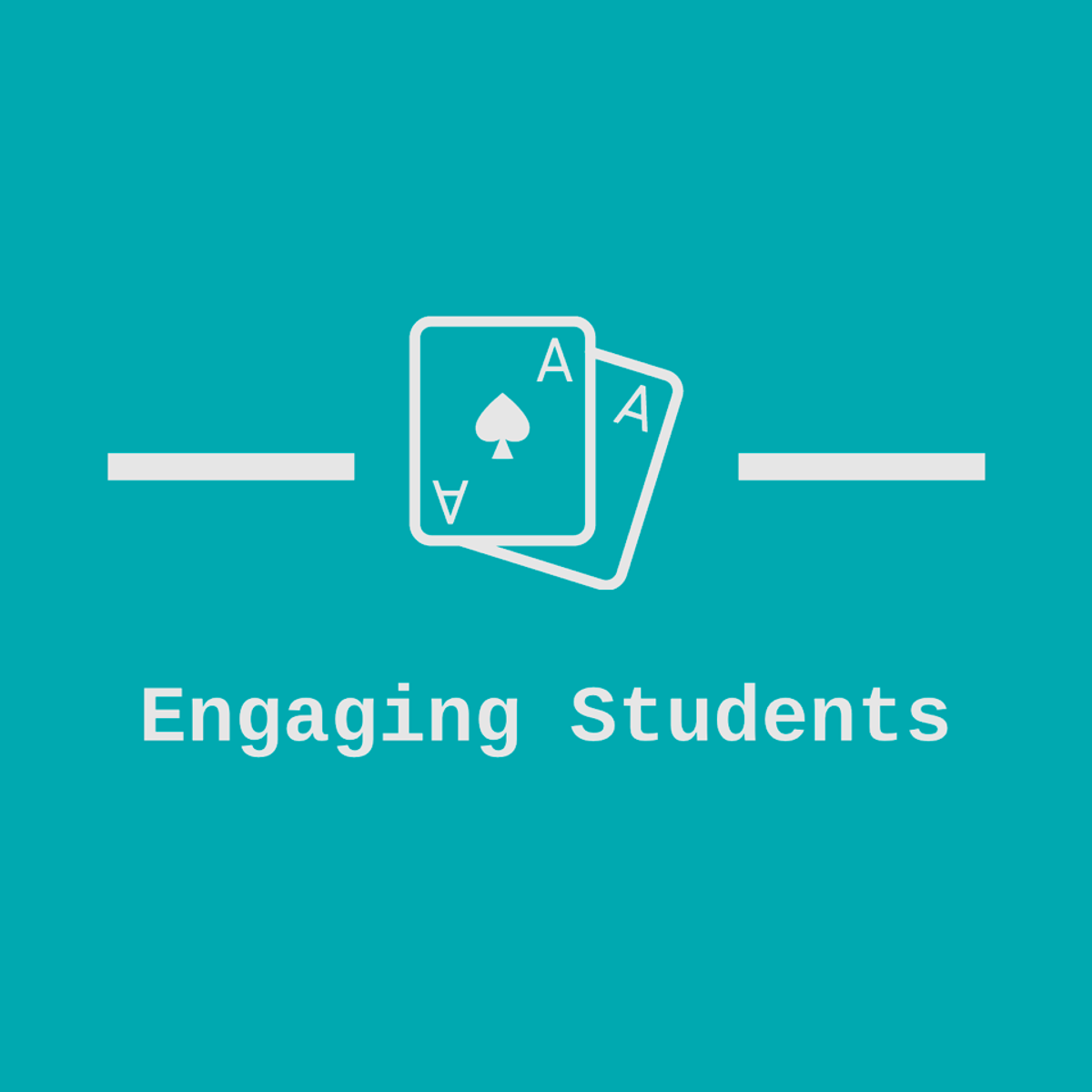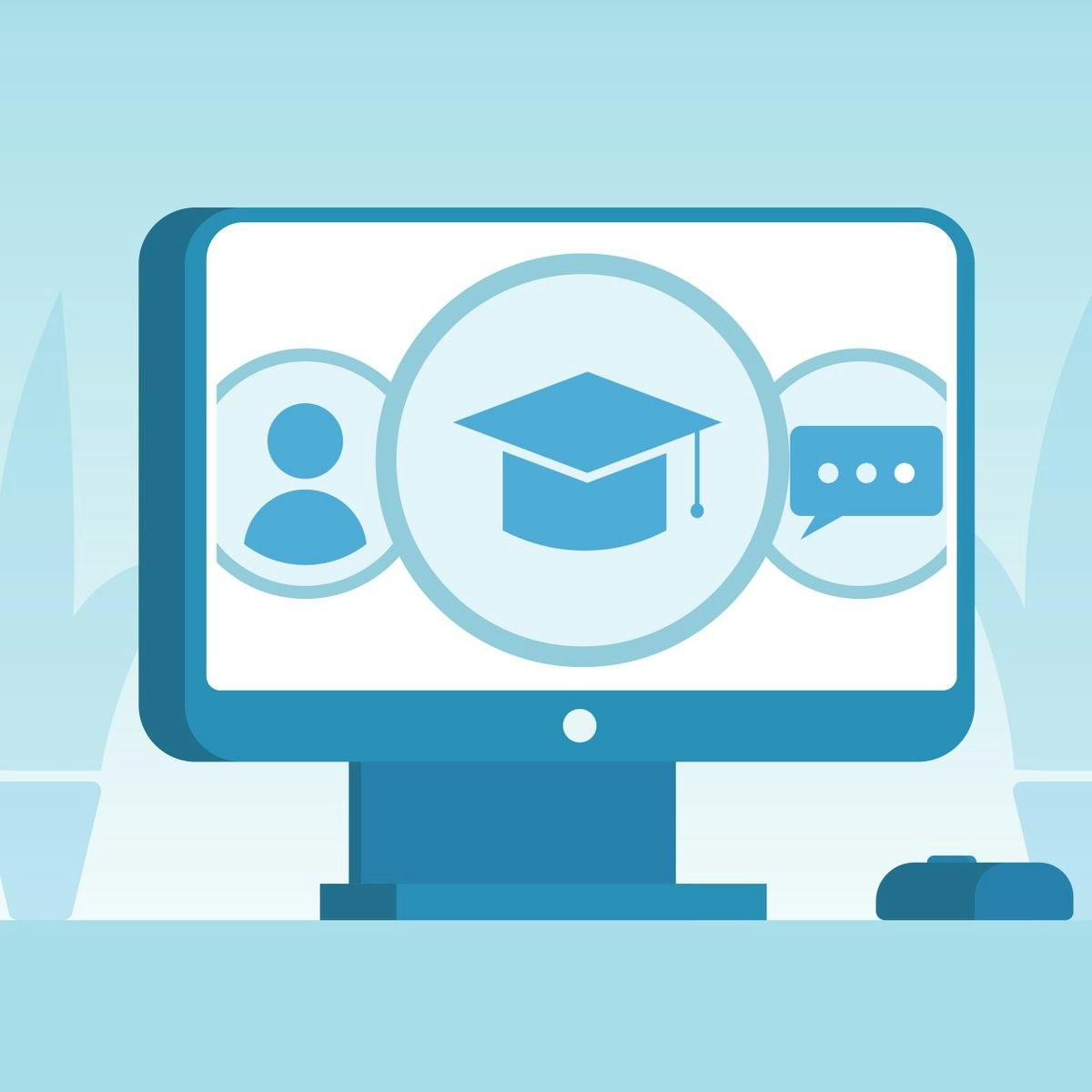Back to Courses









Social Sciences Courses - Page 10
Showing results 91-100 of 672

Legal Contracts and Agreements for Entrepreneurs
This course focuses on how legal contracts may impact or impede the success of aspiring and active entrepreneurs. We explore a wide variety of legal considerations, including:
* What types of legal contracts and agreements are appropriate for which entrepreneurial activities and actions?
* What is the role of torts, liability, and negligence in creating and managing products and services?
* How should contracts and sales agreements be created, evaluated, and negotiated?
* What legal considerations are applicable when raising financial capital?
"Legal Contracts and Agreements for Entrepreneurs" is one of three courses in the "Legal Aspects of Entrepreneurship Specialization" by Coursera and the University of Maryland. This specialization explores the critical legal and business issues entrepreneurs face as they build and launch a new venture. Learners examine real-world scenarios and address legal and business issues from ideation to all of the important junctures along the path to success. Significant attention is placed on new venture formation, intellectual property management, and contracts and financing arrangements.

Social Services for Families, Seniors and Those with Disabilities
Course 4 discusses four populations: families, poor families, people with disabilities, and people as they age. This course addresses issues of power, oppression, and white supremacy.
-The first module identifies the needs of children and the role of the state in child development. We will explore changes in the family and the resulting debates about how to best support families and child development. We’ll appraise family leave and child care programs for their role in supporting paid work and in strengthening child development, as well as income support efforts including the child tax credit and proposals for a family allowance.
-The second module begins with a description of child poverty—both the forces leading to it, and its effects. This module also describes public support programs and critiques the debates surrounding them.
-The third module focuses on persons living with disabilities, evaluating the landmark Americans with Disabilities Act. We will also critique the processes of establishing a disability social insurance program and the public aid programs that make people with disabilities eligible for income support and health support.
-The final module begins with a report on the aging of the U.S. population. Building on this, we’ll examine social insurance programs and public aid programs for seniors for their longterm viability, and assess the various reforms that have been proposed to stabilize these programs.
The course is part of a sequence in social policy that has an HONORS TRACK. This track will prepare the learner for masters-level work in policy, which involves reading the literature, writing concise summaries and probing critiques. Over the sequence the learner will develop a policy analysis that will create a foundation for professional policy analyst assignments.

Housing Justice: A View from Indian Cities
This course will introduce learners to different approaches to thinking about housing justice, bringing together material, ecological, social and spatial approaches to thinking about housing. Rooting itself in Indian cities, but speaking more broadly to struggles for housing justice more globally, it will offer a diagnosis of what housing justice looks like as well as the modes and practices that can move us towards it ranging from activism and direct action to public policy and participatory governance.

Introduction to Intellectual Property
Intellectual property is the currency of the tech world, with the world’s most valuable intellectual property assets dwarfing the value of their real-world counterparts. Apple’ trademarked brand was valued at over $100 billion as of 2017. J.K. Rowling’s Harry potter franchise has generated over $25 billion to date. But how did the law come to create such enormous value in intangible assets?
This course will introduce the various types of U.S. intellectual property: patents, which cover inventions and process innovations; copyright, which protects original works of authorship; and trademarks, which protect a business’ commercial identity as the source of valuable goods and services. You will then explore case studies of how global businesses have used intellectual property law to generate enormous value from these intangible assets.

Smart Cities – Management of Smart Urban Infrastructures
Learn about Smart Cities within the context of management of urban infrastructures. The introduction of Smart urban technologies into legacy infrastructures has resulted in numerous challenges and opportunities for contemporary cities and will continue to do so. This course will help you to understand how to make the best of these smart technologies in your cities’ legacy infrastructures.
Over the past few years, advances in the Information and Communication Technologies (ICTs) have significantly challenged the traditionally stable land scape of urban infrastructure service provision. This has resulted in increasing interest from both technology vendors and public authorities in the transition of cities towards so-called “Smart Cities”. Although such “Smart technologies” can provide immense opportunities for citizens and service providers alike, the ICTs often act as disruptive innovators of urban infrastructure service provision.
In this MOOC, you will gain a thorough understanding of the challenges and opportunities associated with the Smart urban infrastructures, namely Smart urban transportation and Smart urban energy systems. Over the journey of this 5-week online course you will learn about the most important principles for the management of Smart urban infrastructures as well as the applications of these principles in the transportation and energy sectors.
This course does not have any prerequisites. However, to take the most away from of this MOOC, we strongly encourage you to enroll in our other MOOC on the Management of Urban Infrastructures, which has been widely praised by learners.
Through this course, you will:
- Gain a deep understanding of the nature of disruptive innovations (smart technologies) in urban infrastructure systems;
- Learn about state-of-the-art strategies for effectively managing the transition from legacy infrastructures to smart urban systems;
- Study the management of the transition phase from legacy infrastructure systems to smart cities by supporting innovations while avoiding early lock-in; and
- Understand potential applications of the materials learned in this course within the context of the management of smart urban transportation systems as well as smart urban energy systems.

Challenging Forensic Science: How Science Should Speak to Court
The aim of this course is to promote critical thinking with regard to forensic science. Today, in general, most people are dazzled by the technical possibilities offered by forensic science. They somewhat live in the illusion that forensic evidence is fool proof and brings factual findings with 100% certainty. This course – given by specialists in the field – goes beyond the conventional image that is promoted through TV series such as CSI. It alerts (without alarming) the public on the limits of the techniques in order to promote a sound administration of forensic science in the criminal justice system. It allows participants to understand the importance of probabilistic reasoning in forensic science, because uncertainty is a constitutive part of forensic science. The course is constructed as a series of causes célèbres that could or have led to miscarriages of justice. Some of these cases have been part of case reviews carried out at the School of Criminal Justice of the University of Lausanne.
******************
Special thanks to our translators, in particular the University of Lausanne and the School of Criminal Justice sincerely thank Massimiliano Stabile (forensic biologist), Francesco Zampa (forensic chemist) and Giampietro Lago (forensic biologist) for the Italian translation of the course.

Building Students Math Skills with iKnowit
By the end of this project, you will be fully prepared to use iKnowit with your students to improve their math skills. IKnowit is an interactive math practice site for students in Kindergarten through Grade 5. Through iKnowit, teachers can assign students math activities that are at their ability level. Students then engage in practice that is encouraging and aligned with program goals, while teachers are provided with valuable data on how students are progressing towards curriculum goals.
Throughout this project, we will navigate through the various features of iKnowit as we work together to ensure that your account is ready to use with your class.
*You will need a free iKnowit account for this project.

Speaking and Presenting: Poise
Poise is not some elusive or innate characteristic. It’s a series of choices, all of which can help you better connect with your intended audience. This course will help you identify those choices and teach you how to make them in a way that consistently enhances the clarity of your message and the effectiveness of your delivery.

Evaluating Student Understanding with Socrative
By the end of this project, you be able to evaluate students in real time and provide immediate feedback using Socrative. With Socrative, you can create personalized activities and engage students in games that encourage full participation as they learn. Socrative is a great tool for online learning, but it also allows teachers to save valuable time by letting Socrative to the work of grading and engaging students for you! Let’s get you confident and ready to use Socrative today.
*You will need a free Socrative account for this project. You will have the option to upgrade to a Premium account if you choose to use all of Socrative’s features.

Advanced Instructional Strategies in the Virtual Classroom
Welcome to Advanced Instructional Strategies in the Virtual Classroom! This course will help you apply strategies to the critical areas of K-12 virtual instruction to significantly impact virtual education. We will examine the pitfalls beginning teachers run into and learn how to overcome them by focusing on the fundamentals that have the greatest impact on student learning in a blended or online environment. By the end of the course, you will be able to empower your students to be voracious learners who are ready to go out and make the world a better place to live.
Upon completing this course, you will be able to:
• Identify the role of direct instruction within a virtual course.
• Establish direct communication and meaningful relationships with your students.
• Use instructional strategies that motivate and challenge your students to think more critically.
• Define at-risk students and examine effective strategies for teaching this demographic.
• Build an inclusive and thriving online community with students, parents, and other teaching professionals.
Popular Internships and Jobs by Categories
Browse
© 2024 BoostGrad | All rights reserved


